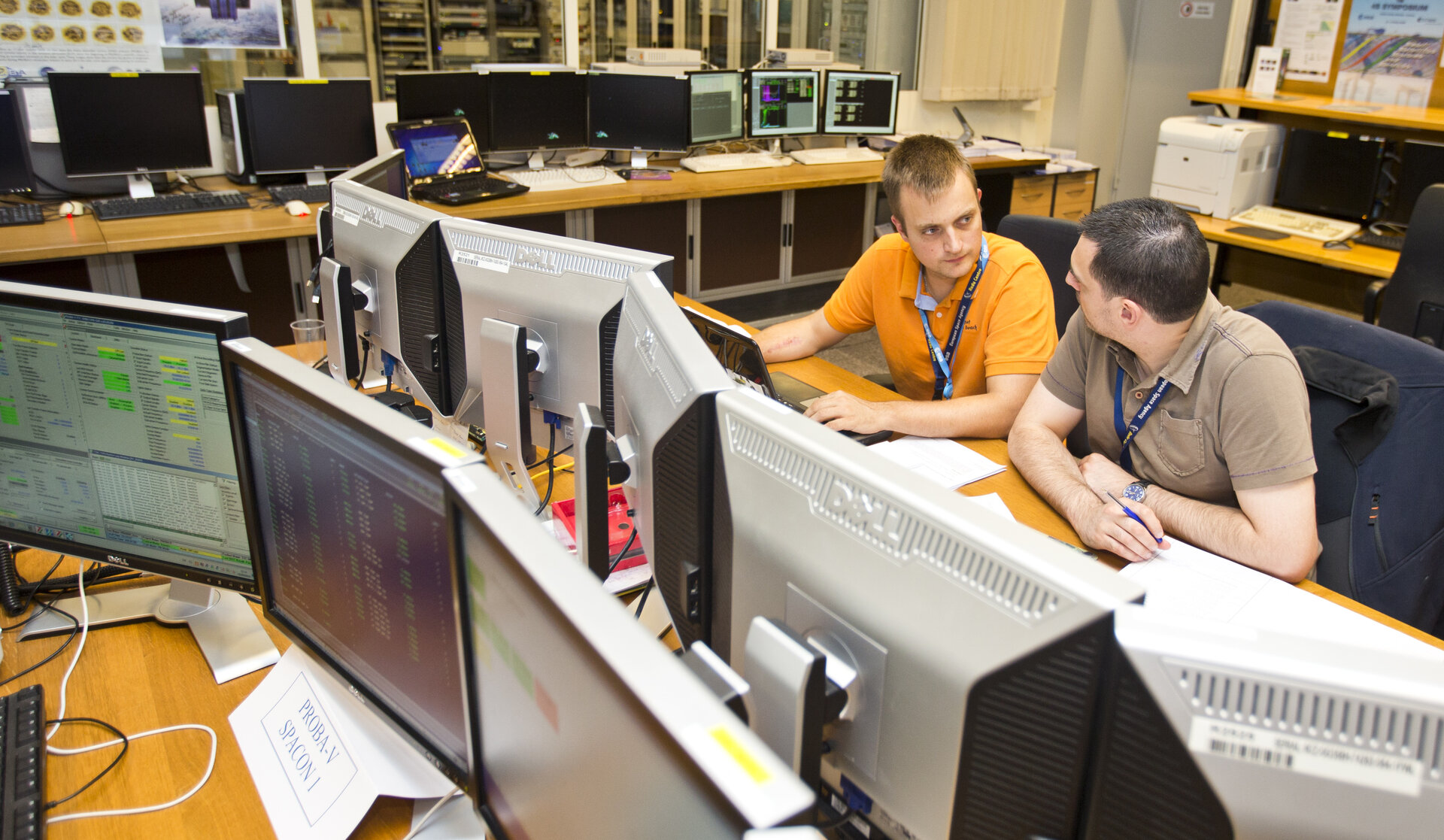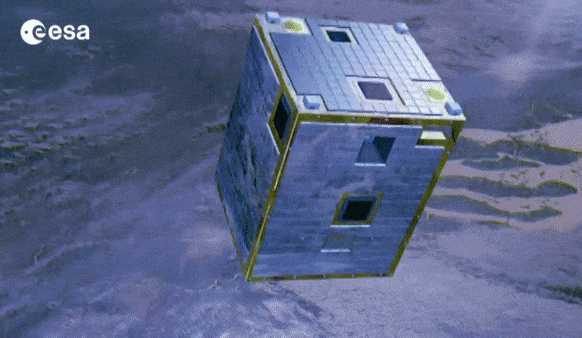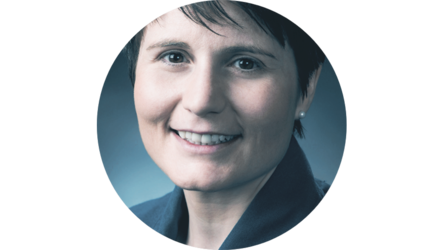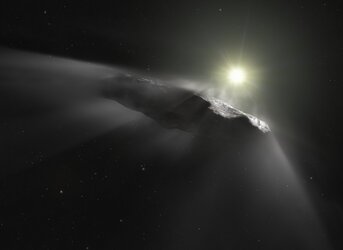Accept all cookies Accept only essential cookies See our Cookie Notice

About ESA
The European Space Agency (ESA) is Europe’s gateway to space. Its mission is to shape the development of Europe’s space capability and ensure that investment in space continues to deliver benefits to the citizens of Europe and the world.
Highlights
ESA - United space in Europe
This is ESA ESA facts Member States & Cooperating States Funding Director General Top management For Member State Delegations European vision European Space Policy ESA & EU Space Councils Responsibility & Sustainability Annual Report Calendar of meetings Corporate newsEstablishments & sites
ESA Headquarters ESA ESTEC ESA ESOC ESA ESRIN ESA EAC ESA ESAC Europe's Spaceport ESA ESEC ESA ECSAT Brussels Office Washington OfficeWorking with ESA
Business with ESA ESA Commercialisation Gateway Law at ESA Careers Cyber resilience at ESA IT at ESA Newsroom Partnerships Merchandising Licence Education Open Space Innovation Platform Integrity and Reporting Administrative Tribunal Health and SafetyMore about ESA
History ESA Historical Archives Exhibitions Publications Art & Culture ESA Merchandise Kids Diversity ESA Brand Centre ESA ChampionsLatest
Space in Member States
Find out more about space activities in our 23 Member States, and understand how ESA works together with their national agencies, institutions and organisations.
Science & Exploration
Exploring our Solar System and unlocking the secrets of the Universe
Go to topicAstronauts
Missions
Juice Euclid Webb Solar Orbiter BepiColombo Gaia ExoMars Cheops Exoplanet missions More missionsActivities
International Space Station Orion service module Gateway Concordia Caves & Pangaea BenefitsLatest
Space Safety
Protecting life and infrastructure on Earth and in orbit
Go to topicAsteroids
Asteroids and Planetary Defence Asteroid danger explained Flyeye telescope: asteroid detection Hera mission: asteroid deflection Near-Earth Object Coordination CentreSpace junk
About space debris Space debris by the numbers Space Environment Report In space refuelling, refurbishing and removingSafety from space
Clean Space ecodesign Zero Debris Technologies Space for Earth Supporting Sustainable DevelopmentLatest
Applications
Using space to benefit citizens and meet future challenges on Earth
Go to topicObserving the Earth
Observing the Earth Future EO Copernicus Meteorology Space for our climate Satellite missionsCommercialisation
ESA Commercialisation Gateway Open Space Innovation Platform Business Incubation ESA Space SolutionsLatest
Enabling & Support
Making space accessible and developing the technologies for the future
Go to topicBuilding missions
Space Engineering and Technology Test centre Laboratories Concurrent Design Facility Preparing for the future Shaping the Future Discovery and Preparation Advanced Concepts TeamSpace transportation
Space Transportation Ariane Vega Space Rider Future space transportation Boost! Europe's Spaceport Launches from Europe's Spaceport from 2012Latest

Proba Mission Operations Centre
Thank you for liking
You have already liked this page, you can only like it once!
Engineers Frédéric Hannoteau (left) and Eric Martin (right), part of the team manning ESA’s smallest control room, used to command the Agency’s smallest satellite family.
While the majority of ESA missions are overseen from its major facility in Darmstadt, Germany, the three Proba satellites to date are all controlled from the same Mission Operation Centre at ESA’s Redu site amid Belgium’s Ardennes Forest.
Each Proba minisatellite is smaller than a cubic metre, but they are tasked with full-scale missions. Proba-1, launched back in 2001, is still going strong, acquiring hyperspectral multispectral Earth images. Proba-2, launched in 2009, keeps watch on the Sun and space weather. And the Vegetation instrument aboard Proba-V, launched last year, tracks all of Earth’s vegetation every two days.
Proba stands for ‘Project for Onboard Autonomy’. As the name suggests, the satellite platforms have been designed to operate on a largely autonomous basis, overseen by a small team working standard office hours.
The minisatellites rely on startrackers to work out their attitude, and GPS receivers to pinpoint their orbital position, with fine-pointing performed by reaction wheels and magnetotorquers – magnets that interact with Earth’s magnetic field – to home in on targets set by their controllers.
On 31 March the Royal Observatory of Belgium will host a workshop for all the Proba satellite teams, including scientific investigators. ESA’s future Proba-3 precision formation-flying mission and Belgium’s proposed Proba-based Altius limb-sounder will also be discussed. For more information click here.
-
CREDIT
ESA-Guus Schoonewille -
LICENCE
ESA Standard Licence

Mini Earth-observer Proba-1's 20 years in orbit

ESA’s oldest Earth-observer images Delhi airport

PROBA Vegetation

Proba-3 infographic: Orbit and ground control















 Germany
Germany
 Austria
Austria
 Belgium
Belgium
 Denmark
Denmark
 Spain
Spain
 Estonia
Estonia
 Finland
Finland
 France
France
 Greece
Greece
 Hungary
Hungary
 Ireland
Ireland
 Italy
Italy
 Luxembourg
Luxembourg
 Norway
Norway
 The Netherlands
The Netherlands
 Poland
Poland
 Portugal
Portugal
 Czechia
Czechia
 Romania
Romania
 United Kingdom
United Kingdom
 Slovenia
Slovenia
 Sweden
Sweden
 Switzerland
Switzerland

























